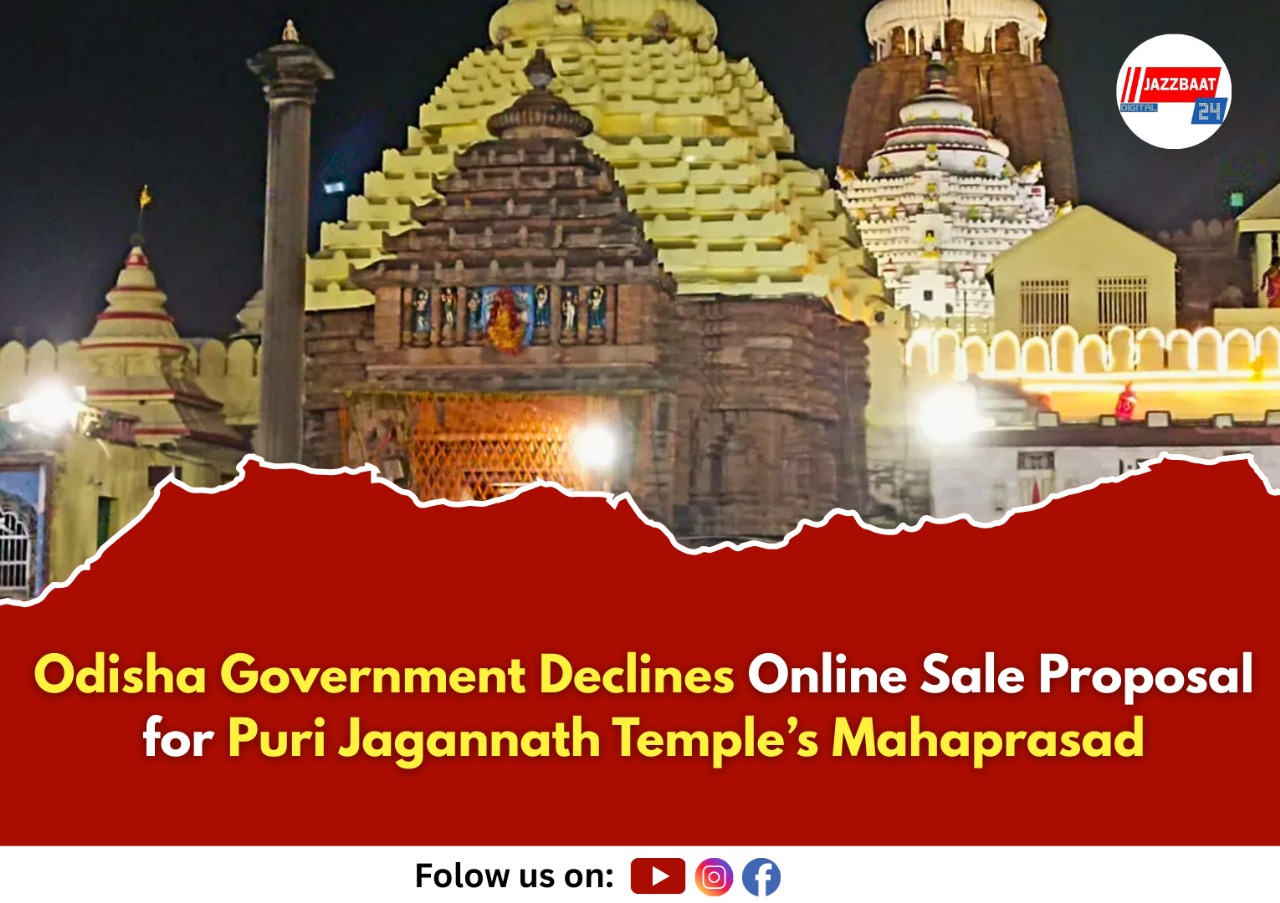
BHUBANESWAR:
The Odisha government has turned down a proposal to make the revered ‘Mahaprasad’ of the Puri Jagannath Temple available for delivery through online platforms, citing the need to preserve its sanctity.
State Law Minister Prithviraj Harichandan said on Monday that several organisations had recently approached the Shree Jagannath Temple Administration (SJTA) with a request to distribute the temple’s ‘Mahaprasad’ and ‘dry prasad’ to devotees across the country and abroad via online channels.
“Though it was a good idea to provide the prasad to devotees worldwide, the government and the SJTA rejected the proposal to preserve the sanctity of the holy offering,” Harichandan stated while addressing the media.
Puri Jagannath Temple has the significance of its Mahaprasad to devotees which is very sacred and significant in terms of religiosity. It is cooked in the temple in a kitchen called the Rosaghara and is cooked according to ancient rituals being, first of all, offered to Lord Jagannath, Lord Balabhadra and Devi Subhadra before being served to the devotees. The change made to the way the process of preparation or distribution is done is considered to be a delicate issue on the part of the temple and its devotees.
Online sale was said to have been proposed in order to give access to offering to the devotees who cannot afford to go to Puri physically. The advocates believed that the digital platforms may assist in overcoming geographical distances, particularly, the ones who are located outside Odisha or even in other countries. Nonetheless, issues were brought up related to the ancient processes of preparing, transmitting and distributing the prasad in case it attempted to be delivered through procurement facilitated commodity networks.
The Mahaprasad is not food, it is a consecrated offering. To guarantee its sanctity, it is important to follow specific traditions and protocols that might not fit online retailing and home delivery units,” an official of SJTA explained.
The ruling conforms to the traditional stand of temple administration of holding on to the traditional way of doing things and grounded on the fact that the sacred rituals should not be polluted with the modern commercial techniques. Earlier on, there has been a broad limit of how the offering of ‘Mahaprasad’ was spread only within the temple; and some prescribed hours and localities in Puri where people could greet it under definite terms.
Although the move by the government will be considered a disappointment to some followers who hoped to access the offering remotely, the move has mainly been received positively by religious scholars and temple servitors. In their opinion, the traditions of purity and sanctity must be maintained according to the traditions of a temple to cherish the spiritual heritage of the shrine.
The Puri Jagannath Temple, one of the Char Dham pilgrimage sites in Hinduism, attracts millions of devotees each year, particularly during the annual Rath Yatra. The ‘Mahaprasad’ is an integral part of the temple’s rituals and is considered a divine blessing by those who receive it.
For now, the government has made it clear that the offering will remain accessible only through traditional, in-person channels, in keeping with the temple’s age old customs.